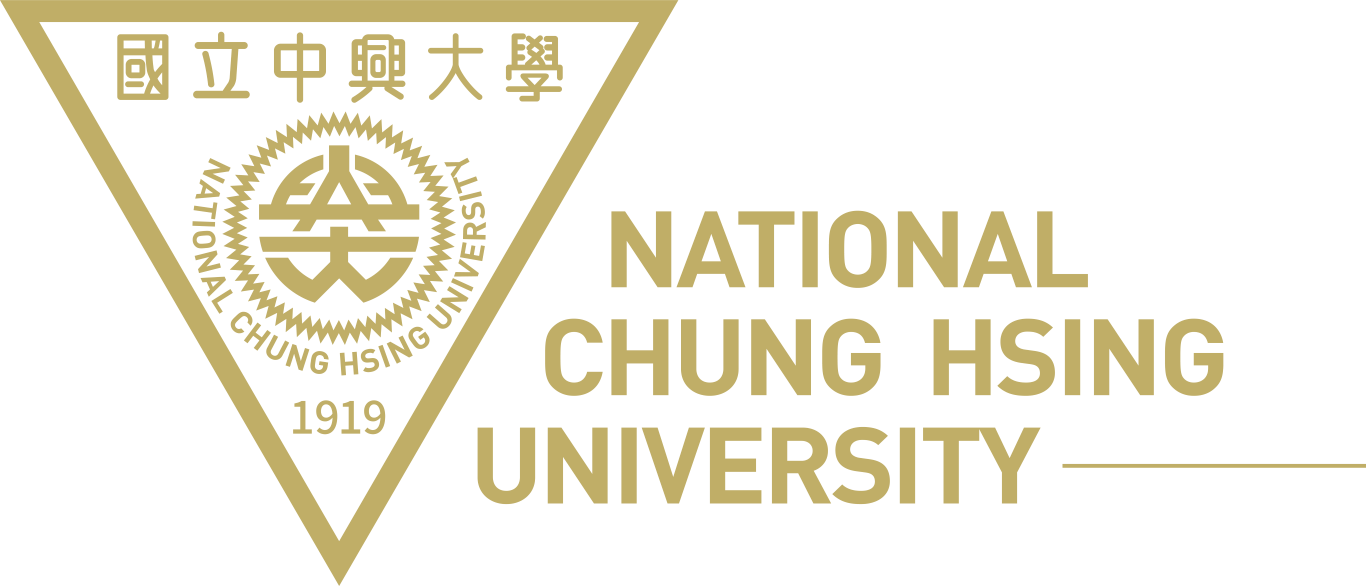* There are six types of student award: honorary merit, minor merit, major merit, certificate of appreciation, medal, and prize money.
* There are seven types of student penalty: written warning, censure, minor demerit, major demerit, probation, expulsion, and revocation of academic standing.
* Course instructors and other relevant units may recommend a student award or penalty to the NCHU President for approval, but must cite the applicable regulations for said award/penalty and must do so in accordance with the applicable procedures.
* The procedures for the issuance of student awards and penalties are as follows:
1. Honorary/minor merits, censures, and minor demerits may be recommended by course instructors and other relevant units by providing the necessary supporting documents.
2. Major merits (or greater awards) and major demerits (or more severe penalties) require review and passage by the Student Reward and Disciplinary Committee, approval by the NCHU President, and promulgation by the University.
3. When reviewing major awards and penalties, the Student Reward and Disciplinary Committee will request the involved academic units, directors, academic advisors, and other related personnel to attend its meeting. The student(s) in question must also be provided with an opportunity to make a statement or counterargument.
4. The official document for each student award and penalty must clearly indicate the award/penalty being issued, the associated facts, the reason for the award/penalty, and the method, deadline, and competent authority for appeals.
5. Students’ parents or legal guardians will be notified in the event of a major merit or demerit.
* Students’ award and penalty records may not be cleared so long as they remain enrolled. However, first time offenders who are issued a minor demerit (or less severe penalty) may apply to have the penalty erased from their record. The guidelines for doing so are to be formulated separately.
* Award and penalty records remain in effect for students who apply to reinstate their student status after a temporary suspension of studies.

